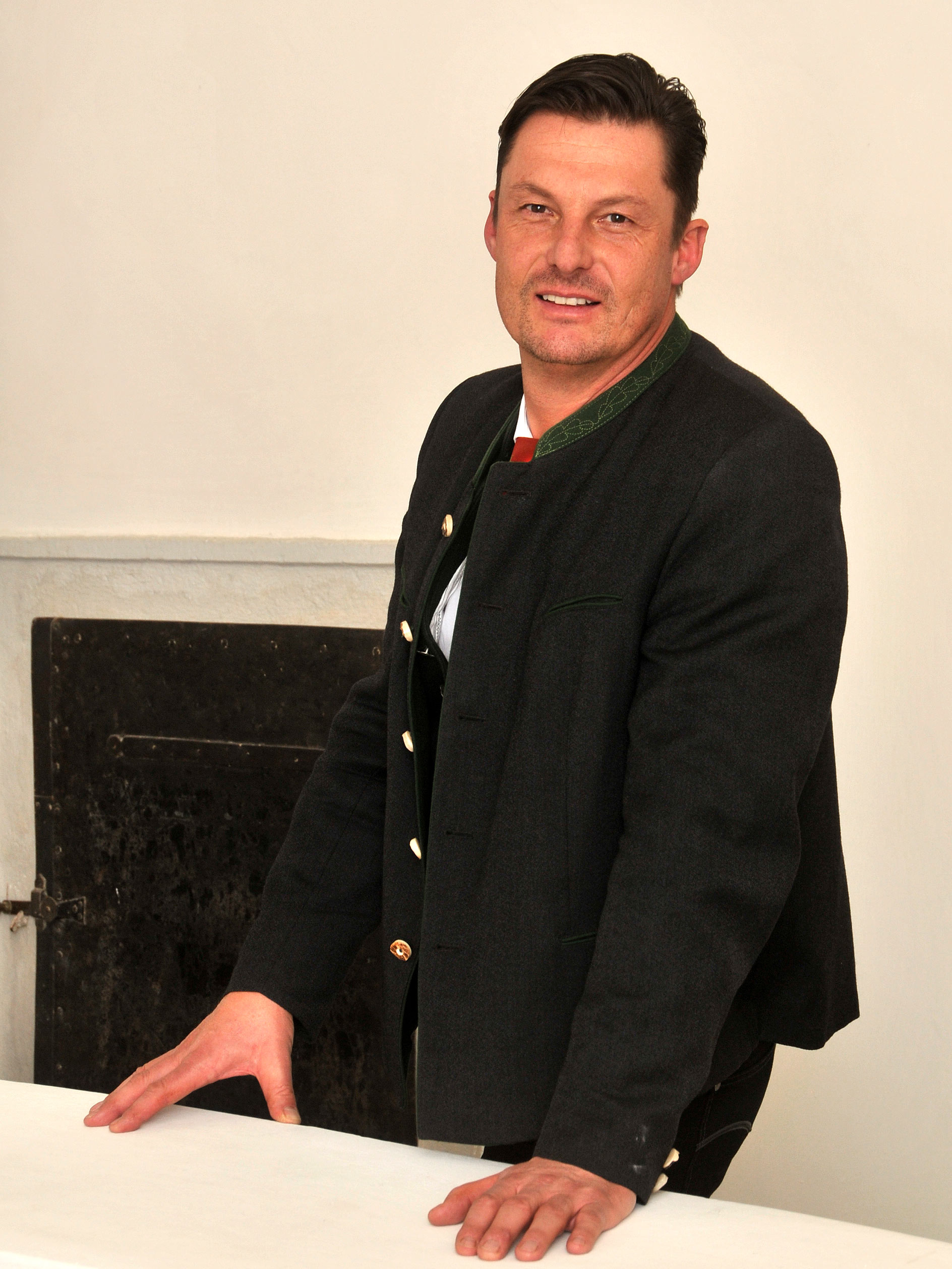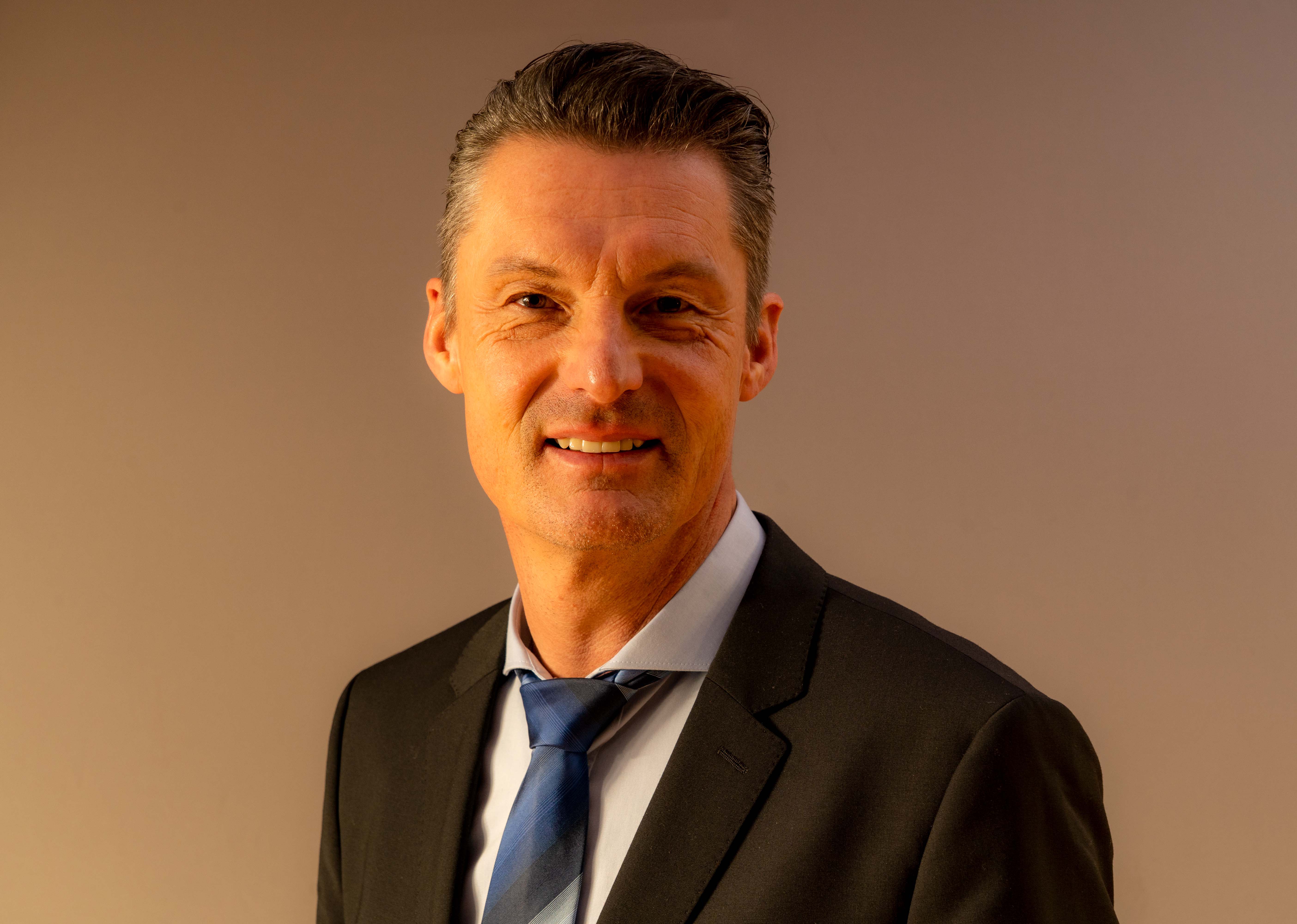NEW LAND : In 1986 you graduated from the HBLFA Raumberg-Gumpenstein. Now you are the new Direktor . How are you feeling about it?
Johann Gasteiner : As a recent graduate of Raumberg, my parents gave me the opportunity to study veterinary medicine and after completing my studies, I was able to acquire very broad and international knowledge in teaching, practice and research as an employee of the cattle clinic at the University of Veterinary Medicine in Vienna. However, I turned down a great university career opportunity in order to move back home with my then young family, which I never regretted. So I became a veterinarian and research assistant in Raumberg-Gumpenstein, also worked in a large animal practice and was able to gain further important experience through this combination.
I then took on more and more responsibility in various functions, traveled abroad a lot on professional matters and at a certain point things take on a certain dynamic of their own. I enjoy the work and responsibility as Direktor every day because I can rely on a large team of experienced, motivated and loyal employees. The topics we work on in Raumberg-Gumpenstein are in tune with the times and we have a very good infrastructure and modern equipment in the area of research for agriculture. 410 inquisitive students do their part to ensure that we stay active and constantly develop.
All of this makes my work exciting, challenging and eventful.
NL: You grew up on your parents' dairy farm in Gaishorn. To what extent does your farming background influence your new role?
Gasteiner: I am grateful for and proud of my origins. Knowing what a farmer's daily work looks like, what challenges our farmers constantly face, and knowing their motivations, but also worries and fears is incredibly important to me in order to ultimately remain authentic. Merely producing international publications that are read by the scientific community at most is not enough for me.
My claim, and this also applies to my employees, has always been that every researcher must be able to explain their work, their goals and results to practice. Only then will things come full circle for me. Research must be put into practice again with innovations, otherwise research remains an end in itself, nobody needs that. I also like to work manually and have no problem getting dirty - quite the opposite. I owe this grounding to my farming background.
NL: At HBLFA great value is placed on collaboration between research and school. To what extent do students and farmers benefit from this?
Gasteiner: Our researchers also teach at school and thus bring their topics, projects and the latest results to young people in a very timely manner. Our students also have to write a pre-scientific diploma thesis and here they are intensively supported by research, especially since we can draw on a veritable wealth of topics and possibilities. Practically relevant training opportunities such as insemination courses, hoof trimming courses, skilled worker and master courses and much more round off our educational offerings.
We offer more than 80 external conferences, workshops and events every year at which current and related topics in grassland and livestock farming are discussed. Our employees are sought-after speakers at external events, we prepare a large number of independent reports for agriculture every year and I think that the farmers benefit from this.
NL: As the largest department of the Federal Ministry of Agriculture, Regions and Tourism in agricultural research, the HBLFA Which research projects are you particularly proud of?
Gasteiner: Raumberg-Gumpenstein has a decades-long tradition of training and research in the areas of grassland and livestock farming and a large number of innovations originated here. There are currently 104 scientific projects running in Raumberg-Gumpenstein, we are well connected nationally and internationally and are a sought-after project partner. We work very intensively and successfully on particularly important topics such as climate change, digitalization, animal welfare, biodiversity as well as emissions and immissions from agriculture.
I can only recommend diving in and out of our homepage. Ultimately, we always have the goal in mind of promoting local food production and providing professional support to family farmers.
NL: The Bioinstitut building was opened in summer 2021. What other projects are still pending or are already in the middle of being implemented? And what topics will the research focus on in the future?
Gasteiner: A topic that will be particularly interesting for organic dairy farms is mother-bonded calf rearing. The wave of digitalization will also increase. We see our tasks in this area as more than just showing what opportunities there are for our companies, for example in the Innovation Farm project. We also want to define the limits of the technical and economic sense of digital systems, but also weigh up any added value, for example for animal welfare or reduced use of medication due to early detection of animal diseases. Overall, we simply have to accept that our society is undergoing rapid and enormous change and that we live in a majority society.
In this way, technical terms that in themselves and a priori do not mean anything negative are stigmatized. By this I mean simple terms and activities such as animal transport, slatted floors, tethering, animal testing, spraying, slaughter, meat consumption and many others. Superficiality, ignorance and emotional discussions in the media and social media lead to distortion and misinterpretation of these terms among laypeople, who unfortunately again represent the majority of society. I see major challenges here for the future, especially since industrialized agriculture is spreading in many parts of the world, which is actually seen as problematic in many areas, but which guarantees cheap food, dictates world market prices and also feeds a large part of the world's urban population . We think that the Austrian approach here should be location-adapted agriculture.
NL : What additional priorities would you like to set in school operations in the future?
Gasteiner : Our students are with us during a very important formative phase between the ages of 14 and 18. It is important to implement the learning material in the timetables and prepare the students for the Central Matura, where we can always demonstrate very good results compared to other schools and school types. But that alone is not what defines the Raumberg-Gumpenstein school. It is also about personality development, where apparently 'outdated' moral concepts such as politeness, greetings, proper demeanor, traditions, civilized discussion and empathy, but also the development of independent opinions while simultaneously accepting others play an important role.
The simultaneous examination of other important issues of our time - I am thinking, for example, of questions such as how we deal with the environment or what we leave behind for future generations - in combination with a cosmopolitanism and the curiosity to think outside the box - that is what we want for our students and convey to students. We will develop a school development concept that, in addition to technical goals, will strengthen awareness of these values.
NL : How is the school currently doing with student numbers, registration numbers for the next school year and Corona?
Gasteiner: The registration numbers for our school are always very good and the coming school year also suggests that our classes will be full in the first years. We and our students are happy that face-to-face lessons can take place even during the lockdown. The measures to contain the pandemic - regular testing or the requirement to wear a mask - have now become routine, are supported by students and staff alike and enable face-to-face teaching.
NL: One last question! Her two predecessors, Albert Sonnleitner and Anton Hausleitner, were both also involved in local politics. Is this also the case for you or where do you go in your free time?
Gasteiner: I am deputy mayor of the market town of Stainach-Pürgg and I really enjoy doing that. Our children are already going their own way and I am drawn to nature in my free time, especially to the beloved hunting ground.







